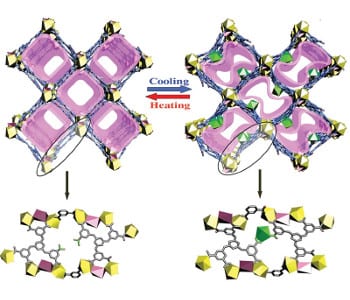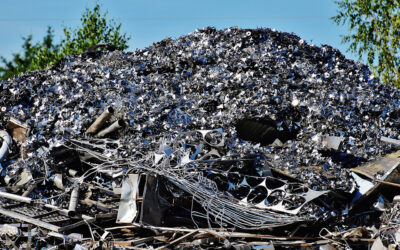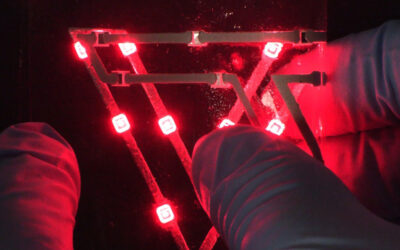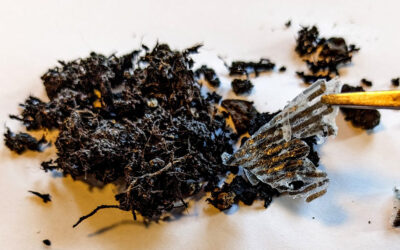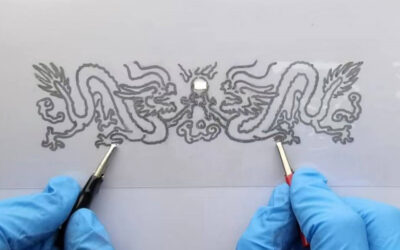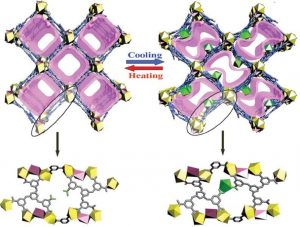 The term ‘smart’ is applied to a wide range of materials with the ability to significantly change one or more of their properties in response to external stimuli. Such materials enjoy broad popularity across many fields. One branch in particular, thermo-responsive or temperature-stimulated materials, can undergo drastic changes in structure in response to changes in temperature. Shape-memory alloys, polymers, and sol–gels are examples of this type of smart material.
The term ‘smart’ is applied to a wide range of materials with the ability to significantly change one or more of their properties in response to external stimuli. Such materials enjoy broad popularity across many fields. One branch in particular, thermo-responsive or temperature-stimulated materials, can undergo drastic changes in structure in response to changes in temperature. Shape-memory alloys, polymers, and sol–gels are examples of this type of smart material.
Single crystals are usually brittle and prone to cracking under strain, however, single crystals of certain smart materials can undergo a solid-state transformation of their atomic structure. This preserves the uniform molecular-level organisation of the crystal, meaning that it can withstand the strain without cracking. This is called a single-crystal to single-crystal transformation.
Researchers from the State Key Laboratory of Rare Earth Res ource Utilization in China found that single crystals of metal–organic frameworks (MOFs) able to undergo such transformations can capture and release europium ions by exploiting spare functional groups (hooks) on the organic part of the MOF structure. These functional groups can reversibly capture Eu3+ ions through a dynamic covalent bond, enabling the collection or release of europium based on the flick of a thermostat.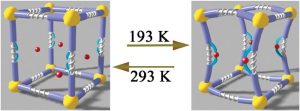
When cooled, the metal ions are held in the channels of the MOF structure by free carboxylate groups. At room temperature, the reversible single-crystal to single-crystal transformation frees the europium ions due to a change in ligand conformation. The characteristic red emission from the Eu3+ ions allows this structure to be used as a fluorescence sensor, enabling the detection of explosives such as 2,4,6-trinitrophenol (TNP) at room temperature: with increasing TNP concentration, the intensity of the europium emission decreases.
Advanced Science is a new journal from the team behind Advanced Materials, Advanced Functional Materials, and Small. The journal is fully Open Access and is free to read now at www.advancedscience.com.

